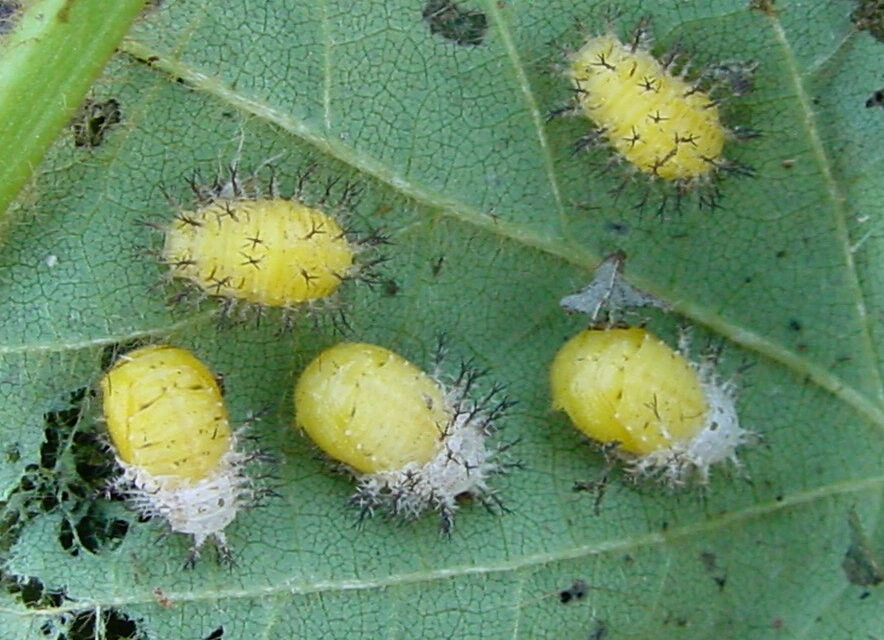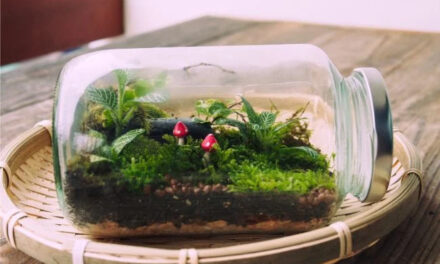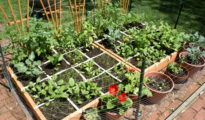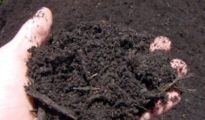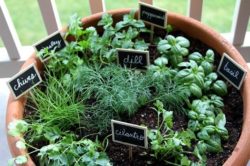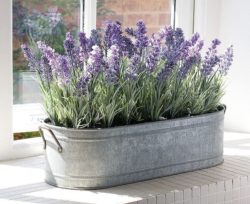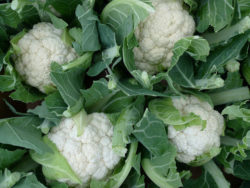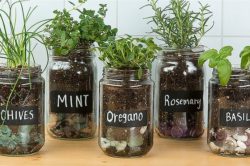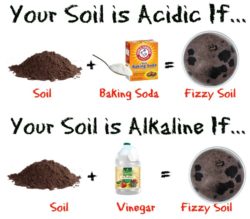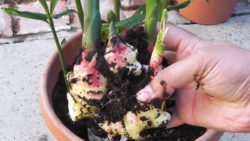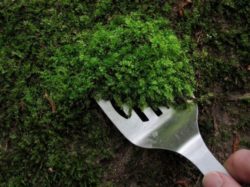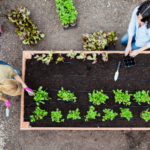Gardening is a beloved pastime for many people, but it can quickly turn into a nightmare when pests start to ravage your plants. Pests can cause significant damage to your garden, reducing the yield and overall health of your plants. In this guide, we'll discuss the most common garden pests, how to identify them, and the best ways to get rid of them.
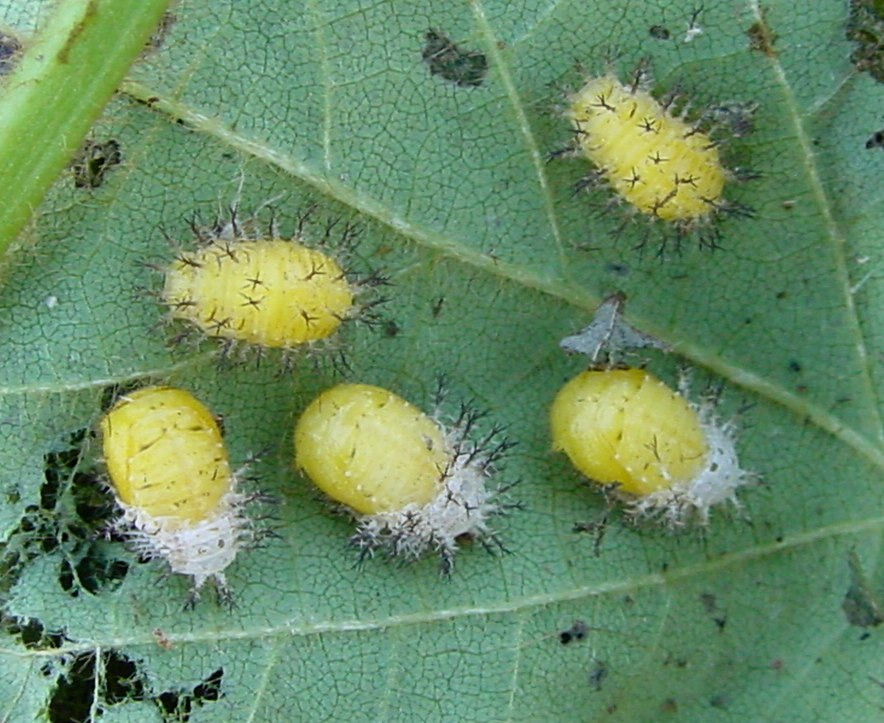
Identifying Common Garden Pests
One of the first steps in getting rid of pests is correctly identifying what you're dealing with. Some of the most common garden pests include aphids, caterpillars, slugs, and spider mites. Aphids are small, pear-shaped insects that come in a variety of colors, including green, yellow, and black. They suck the sap from plants and can cause distorted growth, yellowing leaves, and a sticky residue on foliage. Caterpillars are the larvae of moths and butterflies and can cause significant damage to leaves and flowers. Slugs are slimy creatures that leave behind a shiny trail of slime and can devour entire plants overnight. Spider mites are tiny, spider-like creatures that can be difficult to see with the naked eye, but they leave behind a fine webbing on foliage and cause yellowing and leaf drop.
Natural Ways to Get Rid of Garden Pests
Before reaching for chemical pesticides, try some natural methods to get rid of pests in your garden. One method is to introduce beneficial insects, such as ladybugs, lacewings, and parasitic wasps, which will feed on the pests. Another natural method is to use companion planting, which involves planting certain plants next to each other that will repel pests or attract beneficial insects. For example, planting marigolds near your tomatoes will repel tomato hornworms. You can also use natural sprays made from things like garlic, chili pepper, and soap to deter pests.
Chemical Pest Control Methods
If natural methods aren't working, chemical pesticides can be used as a last resort. However, it's important to use these products carefully and only when necessary, as they can harm beneficial insects and other wildlife. Always read and follow the instructions on the label, and never use more than the recommended amount. When applying pesticides, be sure to target the pests directly and avoid spraying flowers and other desirable plants.
Preventing Garden Pests
The best way to deal with garden pests is to prevent them from getting into your garden in the first place. This can be done by practicing good gardening habits, such as keeping your garden clean and free of debris, rotating your crops, and inspecting new plants before bringing them home. You can also use physical barriers, such as row covers, to keep pests out of your garden.
In conclusion, garden pests can be a frustrating problem, but with the right knowledge, you can successfully get rid of them and protect your plants. Remember to properly identify the pests, try natural methods first, use chemical pesticides only as a last resort, and take steps to prevent future infestations. Happy gardening!

